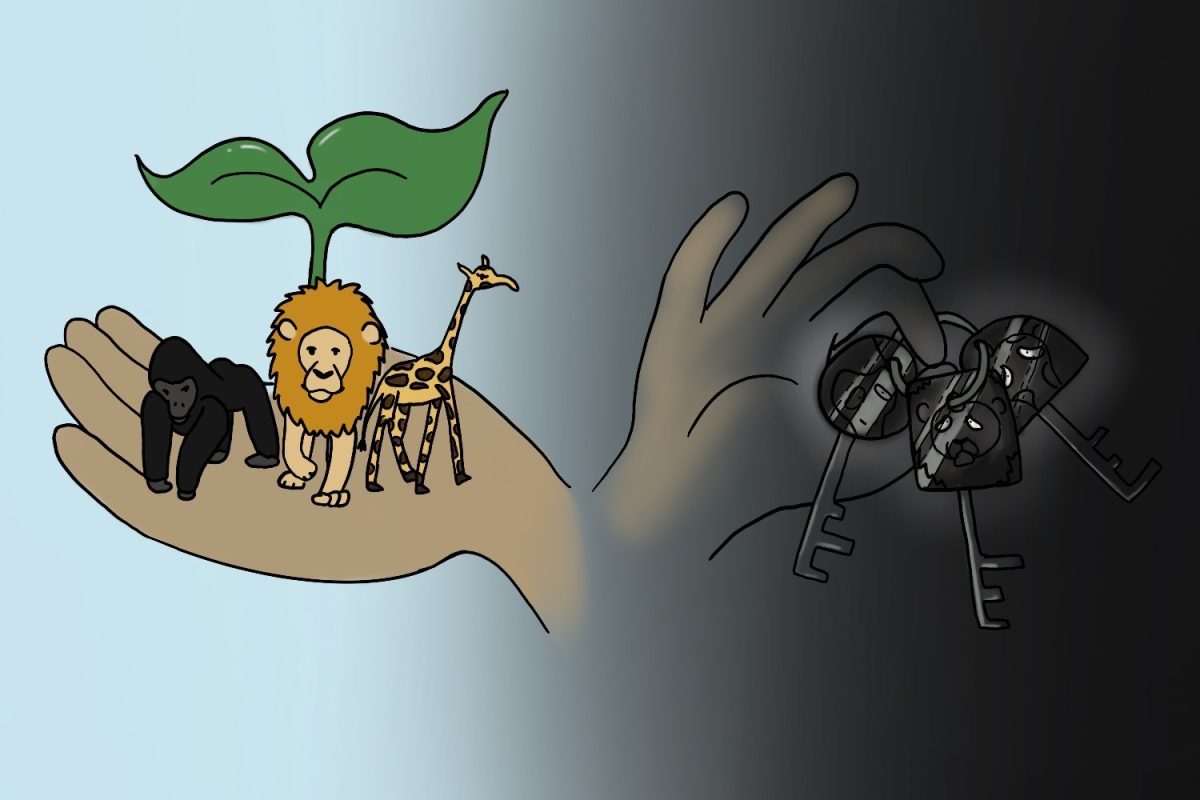As he excitedly turns on his PS4, the screen lights up a bright blue color, and it hums its familiar tune. He’s been waiting all day to start his game.
Four hours later, he’s unable to stop. He knows he has things to do, but he can’t put down the controller. Just one more game, he thinks to himself. But one game stretches into two. Then three.
Suddenly, he stares at the clock. It’s almost 2:00 a.m. on a school day. He hasn’t even started his homework.
Video game addictions can cause mental and physical problems and can increase procrastination. And it’s only grown worse over time.
One of the things that make video games so addicting is the sense of accomplishment that often accompanies them. A lot of games have goals, and completing them ignites a feeling of success. Since video games typically contain numerous challenges or levels, players want to keep coming back to the game and complete it.
Other games contain features like quests, stories, and characters that increase the player’s attachment, interest, and engagement.
“The reason I find games interesting is because of the storylines and characters that can get you hooked,” said Cyber Owyeong, a Design Tech student said.
This is hardly by accident. Game developers spend most of their time figuring out how to make their games appealing to their users and keep them engaged for long periods of time.
But it seems that these developers are too good at their job. While good for the business, the design techniques used to maximize engagement cause a host of problems for the players.
Because players keep coming back to the game, it can get to the point where they prioritize the game over their basic needs. It can also add to problems with procrastination and focusing, leaving kids unable to finish important tasks in a timely measure and contribute to late nights.
Besides procrastination and an inability to focus, video games can take a great physical toll on the player. Addicted gamers often are overstimulated and have ruined sleep schedules and headaches, and an inability to function at an adequate level.
One of the big reasons for this is the immense amount of time spent staring at a screen, which can have detrimental impacts on the player’s health. Spending their time emerged in virtual worlds, they miss out on real-life social connections, contributing to anxiety, depression, and a lack of social skills.
“A kid’s brain development is negatively affected by screen time. Their brains aren’t built or evolved for that much screen use, and I worry about kids having depression, anxiety, attention issues because of it,” said Mira Sinha, a doctor at Kaiser Permanente.
These problems will only worsen as time goes on. Experts say that during COVID-19, these addiction levels have worsened due to increased isolation and boredom. Psychiatrists are seeing spikes in video-game-addicted patients as the pandemic progresses.
While video games can provide a social outlet and entertainment, players can easily play for longer than a healthy level. Because of the pandemic, people are playing more games increasing the gaming’s negative effects. COVID-19 can easily cause spikes in many different addictions, and gaming is a prominent one.
“Every risk factor for gambling addiction is spiking right now, and the same is true for internet and gaming addiction,” Keith Whyte said, the executive director at the National Council on Problem Gambling.
This is partially because of the increased loneliness and separation people have felt during the pandemic. People, especially those missing connections with others during the pandemic, see gaming as a way to connect socially and stay entertained from the safety of their homes.
Gaming addictions can cause a host of problems, both mental and physical, for the player. Though engaging in games for appropriate periods of time can keep people entertained, things start to go downhill as the hours add up.
As time goes on, video game addictions will continue to be a significant problem. Technology will continue to advance, and game developers will only get better at their jobs.
To combat this, players need to be mindful of the time they spend playing. Setting time limits, studying in places away from gaming setups, and stopping games an hour before sleep are ways to help minimize the impacts.
By paying attention and taking steps for prevention, video game addictions can be beatable.
https://www.history.com/topics/inventions/history-of-video-games





















